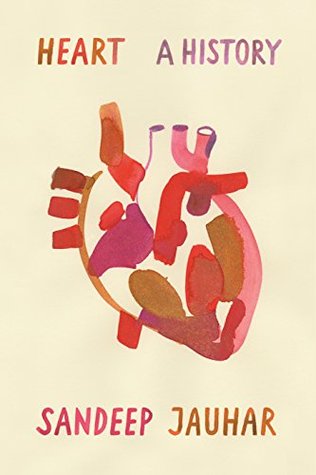Over the years, I have learned that the proper care of my patients depends on trying to understand (or at least recognize) their emotional states, stresses, worries, and fears. There is no other way to practice heart medicine. For even if the heart is not the seat of the emotions, it is highly responsive to them. In this sense, a record of our emotional life is written on our hearts. Fear and grief, for example, can cause profound myocardial injury. The nerves that control unconscious processes, such as the heartbeat, can sense distress and trigger a maladaptive fight-or-flight response that
...more
Welcome back. Just a moment while we sign you in to your Goodreads account.


